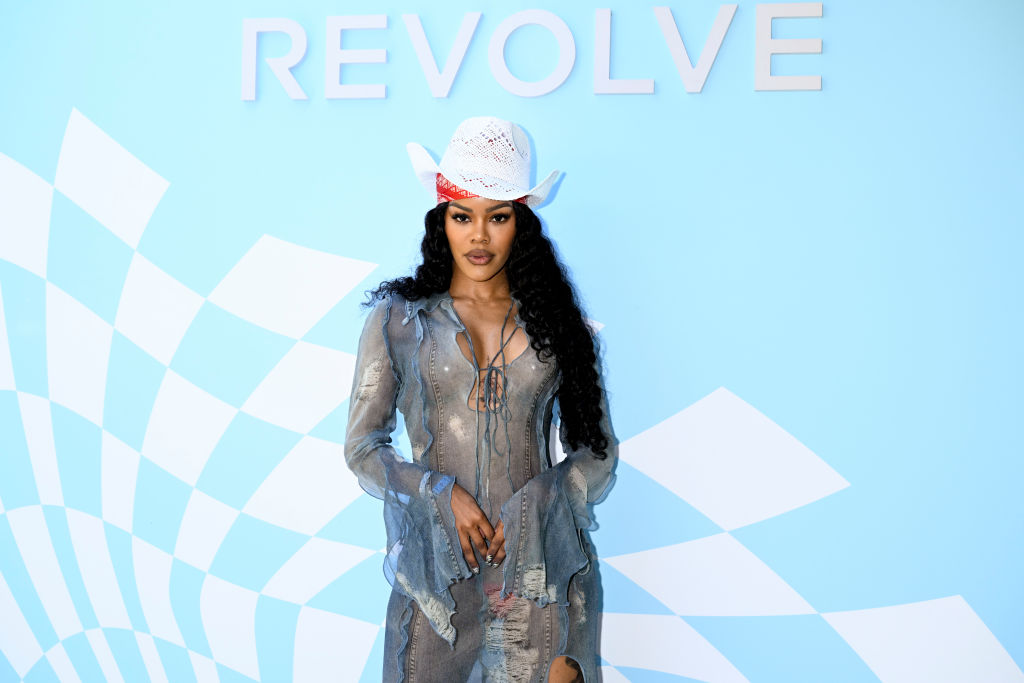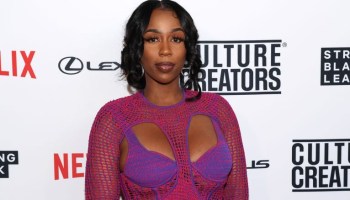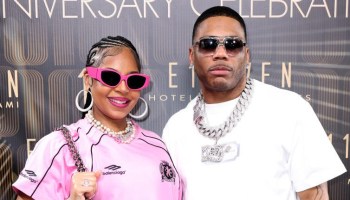I’m a transman who is medically transitioning, which means I’m on hormone therapy and self-inject testosterone every week. With testosterone, I stopped menstruating. It does a lot of other things, too, but my uterus is essentially on pause. There isn’t a lot of research about the long term effects testosterone can have on my uterus because we are just starting to have enough trans people actually reaching geriatric age. So it’s recommended by my endocrinologist, who checks my hormone levels, to see the OBGYN regularly.
When I called to make an appointment, they kept asking me the name of the patient because they didn’t believe it was me. My medical records list my gender as male so they didn’t believe I would need to see an OBGYN. The first person I spoke to thought I was trying to prank her, so I had to have my primary doctor set up the appointment for me. When I arrived, once again, I had to explain the appointment was for me and that I’m a transgender man. I explained that I was there for a pap smear and the nurse told me I didn’t know what a pap smear was, and they couldn’t help me.
The nurse at the reception desk started loudly misgendering me (calling me “she” and using my birth name) while she called over another nurse to help. I asked her to use the correct pronoun and to call me Jaden. I went to sit and wait and the next thing I know, LAPD is coming in. The nurse had called the police because she felt like I was threatening her. So I left. I felt humiliated, and this kind of experience is so common. I run a support group for trans men and transmasculine people (people assigned female at birth and don’t identify as women and not necessarily as men) called Toolbox TransLA and this kind of experience comes up a lot. I was already concerned about having to out myself as trans by being there. I know she called the police, not even the hospital security, because I’m Black.
The second time I made an appointment, I finally got to see the OBGYN. I explained that I had a history of sexual violence and would need a lot of communication during the exam. I asked her to not gender my body parts when we’re talking about them. She didn’t tell me what she was doing before she started the exam. I told her I was having some abdominal cramps and some spotting, which is cause for concern after 3 years of not menstruating. I know how common fibroids are for people of color who are assigned female at birth, at that was my concern as well. She said, “That’s common for black women to experience phantom pain.” I told her I wasn’t a woman and that I don’t think the pain Black women are saying they feel is “phantom.”
She apologized and said, “Well you have woman parts. And with most of those women, it ended up being nothing.” I responded that I’m a man so my parts are “man parts.” She didn’t really answer any other questions after that. She told me everything was fine and that I needed to lose weight.
For Black trans people, they often have insurance initially deny covering routine preventative care for body parts that not “consistent” with the gender identity, not just transition-related care (hormones and surgeries). So they will deny covering a transgender man getting a pelvic exam, or a transgender woman getting a prostate exam because their identities are “incongruent” with the body parts are. But I’m just a different kind of man. Thirty percent of trans people reported delaying seeking medical care because of past negative experiences with a healthcare provider, according to the US Trans Survey. Fifty percent end up having to teach their doctors how to medically treat them.
The rates of mistreatment and discrimination are even higher for Black trans people. I mean, the life expectancy for a Black trans woman is 35.
So how can we change this?
First, medical providers need to check their conscious and unconscious biases. They also need to be aware of the historical trauma the medical industrial complex has inflicted on people of color. There is a legacy of distrust because of that. I think medical providers need to understand the impact of systemic oppression on communities of color and how that trauma can lead to negative health outcomes.
When it comes to trans people specifically, I think they need to move away from gendering body parts and look at us as human beings.
Jaden is an LA-based Black queer transman. He is a poet and community organizer, and a collector of stories. He believes in beauty of vulnerability and the strength in the stories our bodies hold. He believes in the resilience in the stories that trans and gender diverse narratives, so he tries to tell his own, sometimes. Follow him on IG.
RELATED LINKS
6 Medical Incidents That Gave Black Women Reason Not To Trust Doctors
What You Need To Know About Obstetric Violence
Surviving Obstetric Violence: A Black Nurse Saved My Life During Labor






















